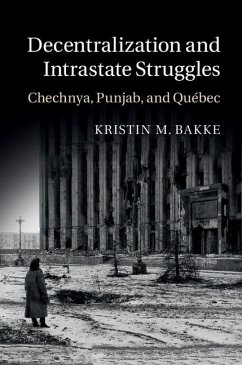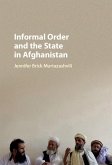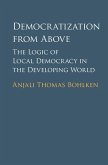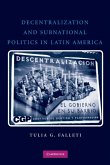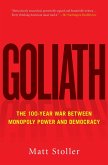There is no one-size-fits-all decentralized fix to deeply divided and conflict-ridden states. One of the hotly debated policy prescriptions for states facing self-determination demands is some form of decentralized governance - including regional autonomy arrangements and federalism - which grants minority groups a degree of self-rule. Yet the track record of existing decentralized states suggests that these have widely divergent capacity to contain conflicts within their borders. Through in-depth case studies of Chechnya, Punjab and Quebec, as well as a statistical cross-country analysis, this book argues that while policy, fiscal approach, and political decentralization can, indeed, be peace-preserving at times, the effects of these institutions are conditioned by traits of the societies they (are meant to) govern. Decentralization may help preserve peace in one country or in one region, but it may have just the opposite effect in a country or region with different ethnic and economic characteristics.
Dieser Download kann aus rechtlichen Gründen nur mit Rechnungsadresse in A, B, BG, CY, CZ, D, DK, EW, E, FIN, F, GR, HR, H, IRL, I, LT, L, LR, M, NL, PL, P, R, S, SLO, SK ausgeliefert werden.

